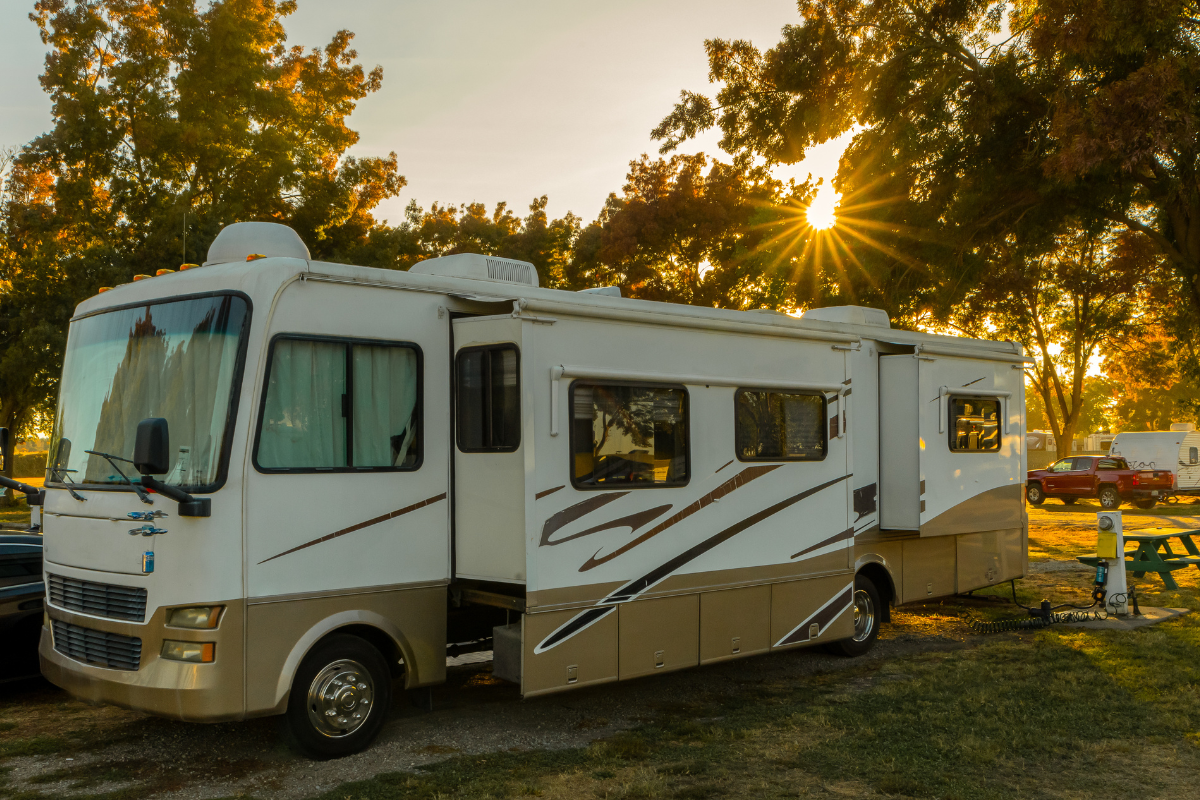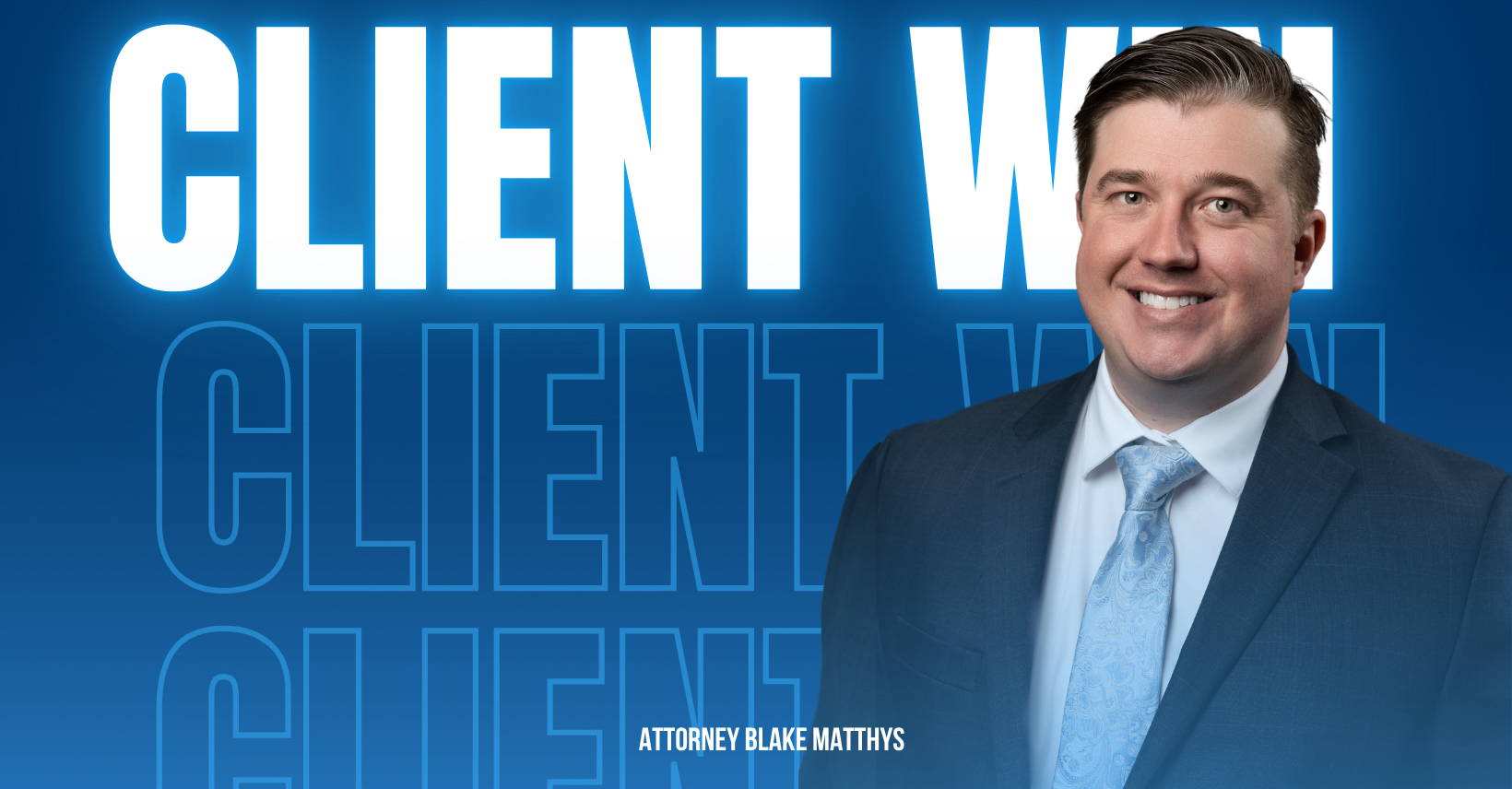Currently, more than 50 companies are testing automated vehicles that can operate without a driver in control in certain conditions. In fact, self-driving taxi services are already available in some countries. However, to get approval in the U.S. these vehicles will need to operate flawlessly to keep vehicle occupants and others on the road safe. When any of the vehicle’s technology fails, manufacturers or companies that own the driverless vehicle such as Google or Uber may be held legally responsible for any failures.
Unfortunately, it’s impossible to test how an autonomous vehicle will act in every conceivable driving situation. As a result, there will be injuries and deaths from autonomous vehicle crashes. This is why it is important to understand the technology and equipment that can fail in these vehicles. An automated vehicle crash attorney will be able to help you determine liability if you are involved in an autonomous vehicle crash. Liability depends on what is the cause of your crash. For example, in partially automated vehicles, the driver should keep an eye for unexpected objects or persons that may appear on their journey. If a driver fails to react to stopped vehicles ahead, then the driver will be liable.
We are in the early stages of autonomous vehicle technology. Inevitably, as these vehicles and this technology is tested more on roadways, crashes will occur that lead to injuries. These crashes will bring into focus liability, or who is at fault in a crash with an autonomous vehicle. As a result of this reckoning, states are facing real obstacles in regulating crashes involving automated vehicles.
Rules of the Road for Driverless Vehicles
Naturally, a fully autonomous vehicle will have to comply with the rules of the road. These vehicles need to be able to respond to unexpected situations and drive safely in all circumstances.
The vehicles, in essence, will need to be better than human drivers. This level of accuracy is achievable with built-in systems. These systems will continuously analyze the car’s surroundings and automatically take the right action. Generally, self-driving cars will have three key parts to make them as safe as possible:
- Global Positioning System (GPS)
- Detection Technology, such as cameras and radar
- Onboard Computers
Current Legislation of Autonomous Vehicles
Many states have preemptively enacted legislation regulating autonomous vehicles. The National Highway and Transportation Safety Administration (NHTSA) released new federal guidelines for automated driving systems. The NHTSA’s guidelines are voluntary and serve as a model example of what a good autonomous vehicle policy looks like.
The NHTSA regulation suggestions for states mirror the type of regulation states have had on non-autonomous vehicles. For example, the NHTSA lists state responsibility as:
- Licensing human drivers
- Registering vehicles in their jurisdictions
- Enacting and enforcing traffic laws and regulations
- Conducting safety inspections
- Regulating car insurance and liability
Automated Vehicles: Liability and Insurance Regulation
So far, 29 states have enacted legislation related to autonomous vehicles. As the technology gets closer to being a significant part of the automotive industry, states have begun having conversations about how best to regulate this new technology. For example, States will need to consider the relegation of liability during a crash. Lawmakers will need to determine if the owner of the vehicle, the driver, manufacturer or the car service company shoulder the blame.
These types of conversations take time. But states may have plenty of time to figure it out. Experts don’t expect fully autonomous vehicles aren’t expected on the roads for another few years. The NHTSA suggests states begin to consider the following:
- How to allocate liability among autonomous vehicle owners, operators, passengers, manufacturers and other entities when a crash occurs.
- Determine, for insurance purposes, who must carry car insurance
- Rules and law allocating tort liability
Autonomous vehicle product liability is a major concern. The use of these vehicles will span several areas of laws including:
- Torts
- Insurance
- Privacy
- Data
- Security
- Transportation
- Communication administrative law
Texas Autonomous Vehicle Laws
Texas is one of the 29 states that has enacted legislation on autonomous vehicles. In 2017, the state enacted SB 2205. The bill establishes the following:
- Defines terms related to automated vehicles
- Allows the operation of driverless vehicles on Texas roads
- Regulates the required technology and equipment on board a driverless vehicle
- Preempts local regulation of automated motor vehicles and automated driving systems
- Specifies that the owner of an automated driving system is the operator of the vehicle when the system is engaged
- Requires driverless vehicles to follow the Texas Transportation Code’s duties following an accident
- Considers the system licensed to operate the vehicle
- Allows an autonomous vehicle to operate in the state regardless of whether a human operator is present in the vehicle
A Carlson Law Firm Attorney will Make a Difference in Your Autonomous Vehicle Crash
More than 33,000 people die from vehicle crashes in the United States every year. The goal of automated vehicles manufacturers is to have a safe system travel that removes human error. In short, self-driving cars have the potential to save lives. However, as of now, there is no proof that these vehicles actually improve safety on the roads. These vehicles can fail in several ways. A qualified Autonomous Vehicle Crash Attorney can help you prove the following damages:
- Medical bills
- Rehabilitation and physical therapy
- Long-term care
- Lost wages
- Lost earning capacity
- Pain and suffering
We can also help you file a wrongful death claim against an at-fault party. Contact an Autonomous Vehicle Crash Attorney from The Carlson Law Firm to schedule a free consultation. We can help make you whole after an autonomous vehicle crash.





